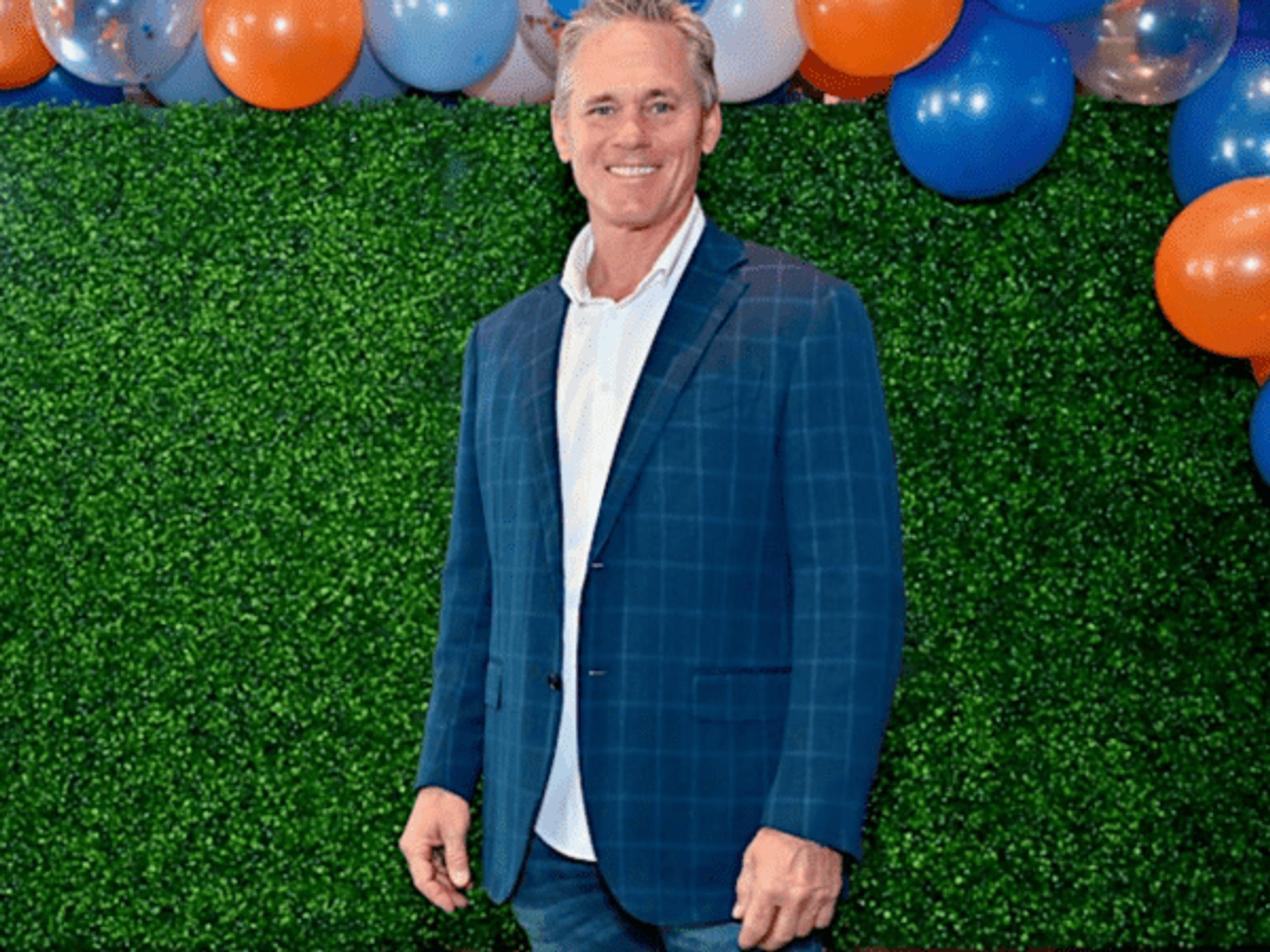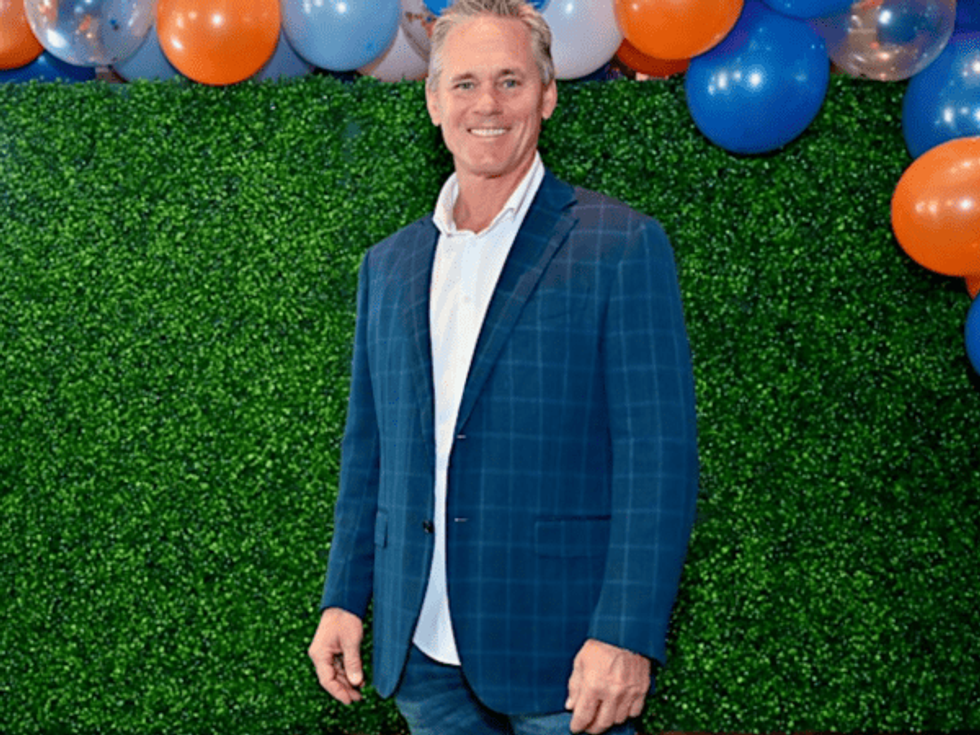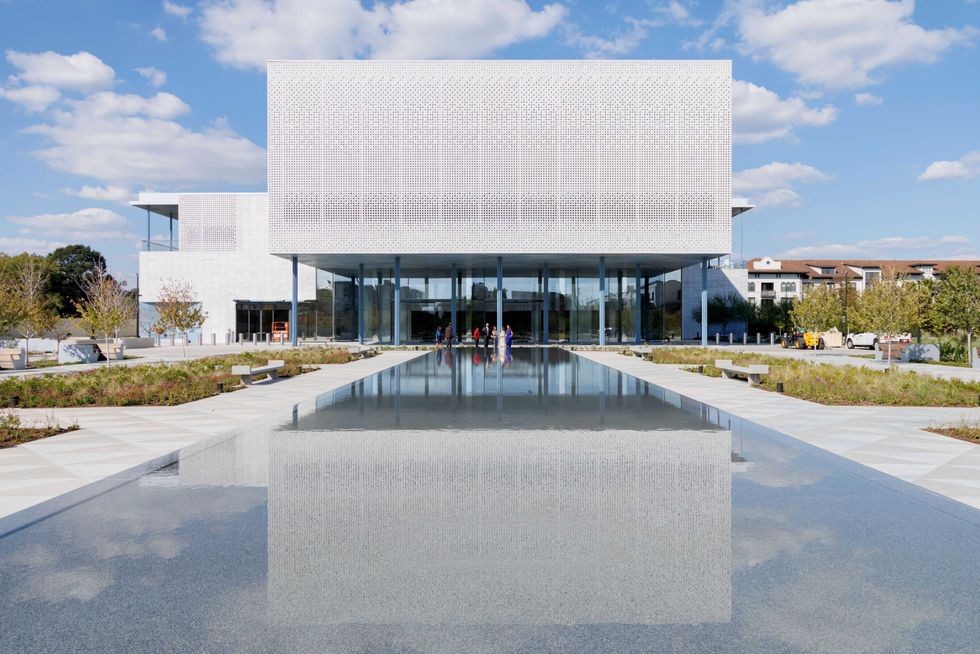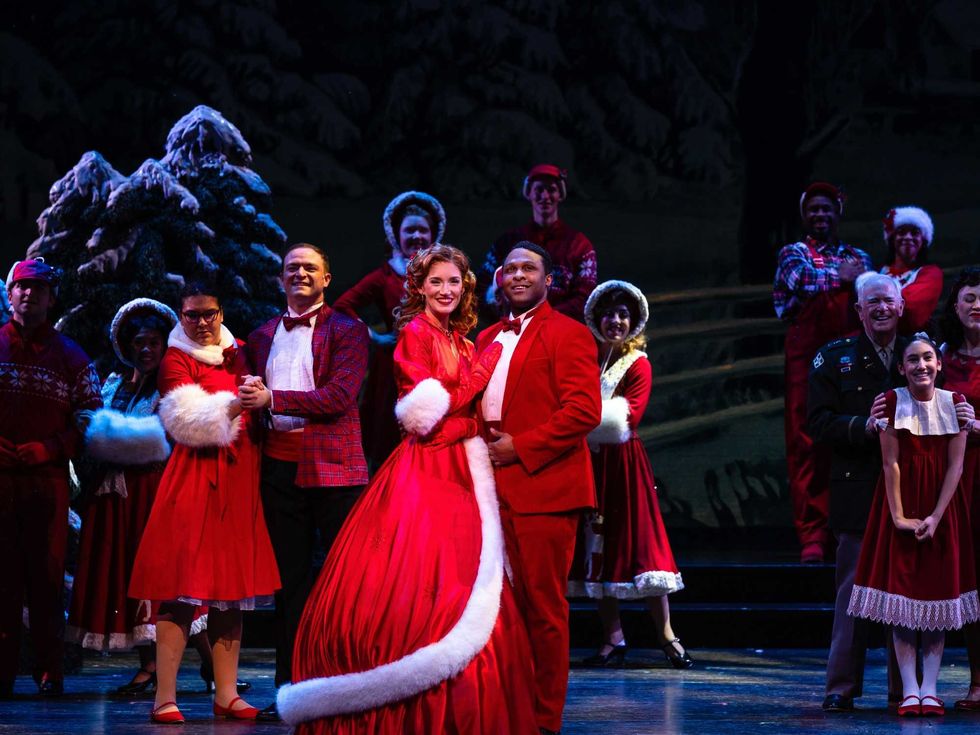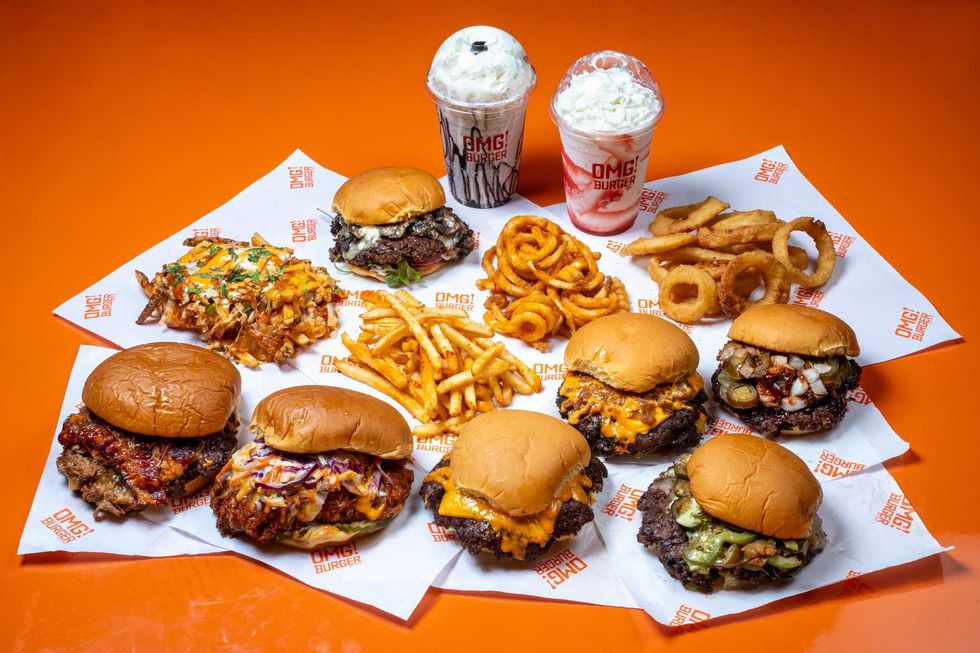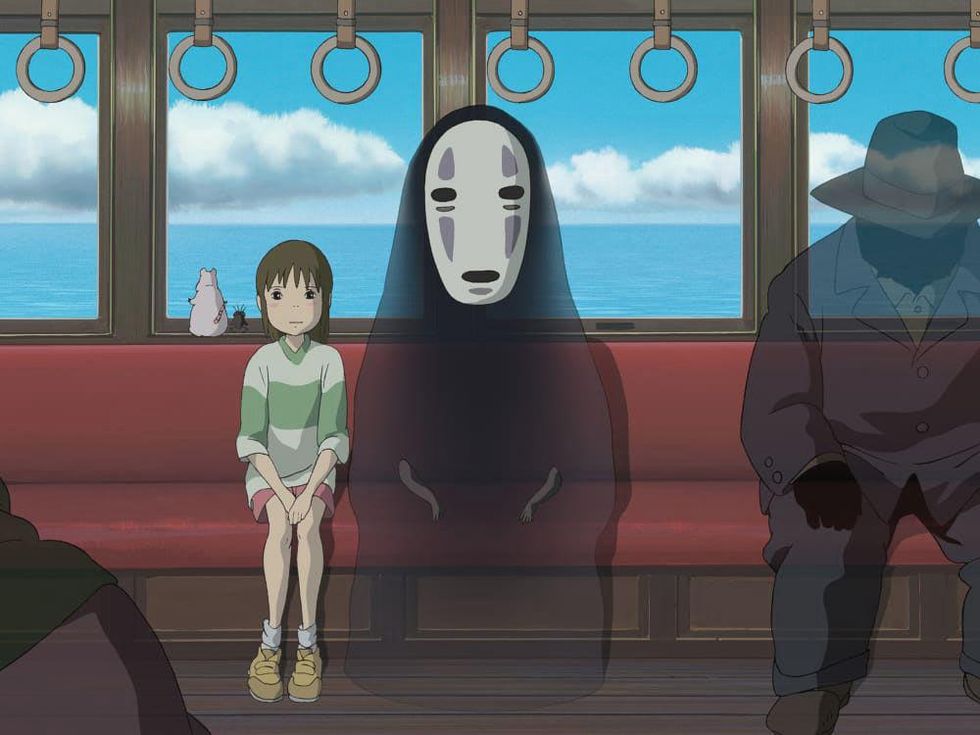With Christmas season in full swing, Houstonians have the opportunity to attend many joyous events, including holiday markets, theater shows, and Lights in the Heights.
The stunning new Ismaili Center makes its debut, and Astros legend Craig Biggio will celebrate his 60th birthday. Record collectors have two opportunities to search for treasures. Without further ado, here are this weekend’s best events:
Thursday, December 11
Lindsey Leigh Jewelry presents Sparkle Market 2025
Lindsey Leigh Jewelry announces the return of its beloved Sparkle Market — a three-day holiday shopping event that celebrates community, creativity, and all things that shine. This year’s Sparkle Market promises an unforgettable experience, filled with local vendors and plenty of holiday cheer. Before the shopping on Friday and Saturday, it starts with a ticketed VIP night, where guests will enjoy first access to all vendors, cocktails, light bites, and exclusive swag bags. 5 pm (10 am Friday and Saturday).
Marriott Marquis Houston presents Craig Biggio's 60th Birthday Bash
Marriott Marquis Houston will present an evening celebrating Houston's legendary Craig Biggio with the man himself. Guests can enjoy a night filled with fun, laughter, and cherished memories as they raise a glass with Biggio. There will be appetizers, drinks, and a bourbon tasting. A portion of the evening’s proceeds will benefit Sunshine Kids, one of Biggio’s favorite charities, dedicated to bringing joy to children with cancer. 6:30 pm.
Houston Symphony presents "Very Merry Pops"
Houston’s biggest holiday spectacle returns with performances by Ali Stroker, the Houston Symphony, and a merry chorus. Houston’s treasured holiday tradition continues to deliver magical holiday cheer, 26 years and counting. Featuring sparkling decorations, your favorite carols, and a special visit from Santa, this concert delivers instant holiday cheer. 7:30 pm (2 and 7:30 pm Sunday).
Friday, December 12
Queensbury Theatre presents A Charlie Brown Christmas
The classic animated special A Charlie Brown Christmas comes to life in this faithful stage adaptation, where Charlie Brown, Snoopy, and the rest of the Peanuts gang discover the true meaning of Christmas. First staged two years ago at Queensbury, the show will welcome several cast members back for this production, including Marco Camacho as Charlie, Austin Colburn as Linus, and Lauren Salazar as Lucy. Through Sunday, December 21. 7 pm (2 and 7 pm Saturday; 2 pm Sunday).
Punch Line Houston presents Bob The Drag Queen
The alter ego of non-binary comic/actor Caldwell Tidicue, Bob The Drag Queen won the title of “America’s Next Drag Superstar'' on season 8 of RuPaul’s Drag Race. Through her work on We’re Here, HBO’s first unscripted show, Bob has been awarded a Peabody Award, GLAAD Media Award, and a Television Academy Honors recognition. She also won a Queerty Award as well as another GLAAD Media Award for the podcast Sibling Rivalry, which she co-hosts with Monet X Change. 7:30 and 9:45 pm (7 and 9:15 pm Saturday).
Theatre Under the Stars presents Irving Berlin’s White Christmas
Inspired by the iconic 1954 film, Irving Berlin’s White Christmas is a dazzling Broadway musical packed with show-stopping numbers, heartwarming romance, and timeless holiday cheer. Two charismatic army buddies turned song-and-dance sensations team up with a pair of talented sisters to save a Vermont inn - and find love along the way. The production features Berlin’s unforgettable classics like “Blue Skies,” “I Love a Piano,” and the show-stopping “White Christmas.” Through December 24. 8 pm (2 and 8 pm Saturday; 2 and 7:30 pm Sunday).
Saturday, December 13
Coma Salon and Team Savage presents Autry Park Holiday Toy Drive & Car Showcase
Coma Salon will host a holiday toy drive/Coffee & Cars event at Autry Park Plaza. More than 70 luxury and exotic cars will be on display, with appearances from fan-favorite Houston car collective Team Savage, known for its high-performance vehicles and community engagement. In lieu of purchasing tickets, guests are asked to bring new, unwrapped toy donations, all of which will be delivered to The JuCan Foundation, a nonprofit that supports children battling cancer at MD Anderson Children’s Cancer Hospital. 8 am.
Ismaili Center Public Opening Event
The Ismaili Center, Houston officially opens its doors with a day of family-friendly programming and cultural experiences. Guests can explore levels 1-3 of the 150,000-square-foot center, where they will experience dance performances, live music, art installations and other cultural activities. Guides will be stationed throughout to share more information about the Center’s architecture, spaces and cultural significance. Visitors will enjoy exploring the nine acres of gardens and culinary delights from local food trucks and a hot chocolate bar. 9 am.
The Union Kitchen presents Santa Brunch
The Union Kitchen is hosting a Santa Brunch at all five Houston-area locations. Guests can enjoy seasonal holiday dishes and the full brunch menu as well as receive complimentary photos with Santa from 11 am – 1 pm. Additionally, Houstonians can bring unwrapped new toys and Walmart, Target, or Amazon gift cards to any location to benefit Casa de Esperanza. It’s the perfect way for Houstonians to enjoy a magical holiday morning while also giving back to local children in need. Through Thursday, January 1. 10 am.
OMG! Burger Galleria Location Grand Opening Celebration
Family-owned burger brand OMG! Burger will celebrate the grand opening of its newest location, right in the heart of the Galleria. The Westheimer location will kick off with special promotions, including complimentary smash burgers for the first fifty customers; 50% off orders from 11 am to 3 pm & 6 pm until sell-out; and raffle giveaways throughout the day, with OMG! Burger gift cards ranging from $5 to $100. 11 am.
Creo presents Lights in the Heights Warmup
Join creative wellness space Creo for its Lights in the Heights neighborhood warm up! They’ll have wine tasting room everywine pouring glasses of their favorite selects, plus take away bottle packages to ensure the lights aren't the only thing that’s lit. They’ll also have a courtyard full of local makers, food, matcha, and a live set from Ruckus. Creo will also have 10% off every purchase from their mercantile. 3 pm.
Sunday, December 14
Houston Record Convention and Houston Record Swap
You have two opportunities this weekend to attend a wall-to-wall record market and get some last-minute LP gifts for you and/or those vinylheads in your life. You can start your morning by heading to GSH Event Center for the last Houston Record Convention of the year. Later in the afternoon, you can bounce over to Axelrad Beer Garden for its last Houston Record Swap of the year. Either way, you are certain to find the licorice pizza you’ve been looking for. 10 am and 2 pm.
The Museum of Fine Arts, Houston presents Studio Ghibli Anime Favorites
The MFAH will be showing two classic Hayao Miyazaki adventures – in glorious 35mm! First up is Spirited Away, the 2001 fantasy masterwork that won the second Oscar for Best Animated Feature. This will be followed by Kiki’s Delivery Service, the 1989 coming-of-age story about a resourceful young witch who uses her broom to create a delivery service, only to lose her gift of flight in a moment of self-doubt. 2 and 6 pm.
I’ll Have What She’s Having presents Good Soup Cook Off
The local nonprofit that’s focused on improving health care access for hospitality workers will hold a soup cook off at Axelrad Beer Garden. Attendees will have the opportunity to vote for their favorite creation from more than a dozen contestants. A panel of judges will also pick its own winner. 6:30 pm.
River Oaks Theatre presents The Magic Before Christmas – A Holiday Magic Show
Join Dave and Jake Rangel, Houston’s favorite father-and-son magic duo, as they weave illusion, laughter, and heartfelt storytelling into an unforgettable evening that captures the true spirit of the season. Expect miracles wrapped in mistletoe, mind-reading beneath the lamplight, and the warmth of candlelit tales that remind us all to “honor Christmas in your heart and try to keep it all the year.” 7:30 pm.
10 things to know about America's first Ismaili Center opening in Houston
Photo courtesy of Craig Biggio
